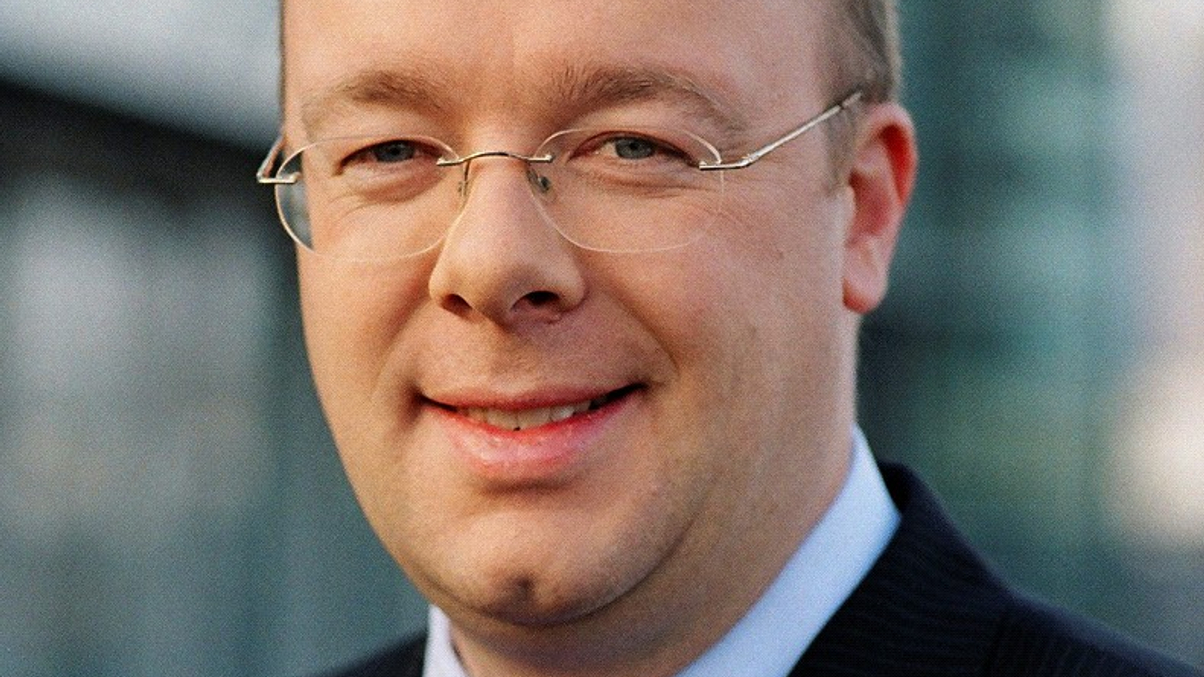Deutsche, Lombard Odier CIOs split on how to tackle volatility
Two investment heads agree on the benefits of portfolio risk budgeting, but hold different views on tail-risk hedging and illiquid assets.

Investors are open to any ideas that will help them staunch losses and boost yields these days, given that interest rates look set to remain low and market volatility and uncertainty is rife. AsianInvestor spoke to two chief investment officers from private banks about the approach they would take.
Sign in to read on!
Registered users get 2 free articles in 30 days.
Subscribers have full unlimited access to AsianInvestor
Not signed up? New users get 2 free articles per month, plus a 7-day unlimited free trial.
¬ Haymarket Media Limited. All rights reserved.


